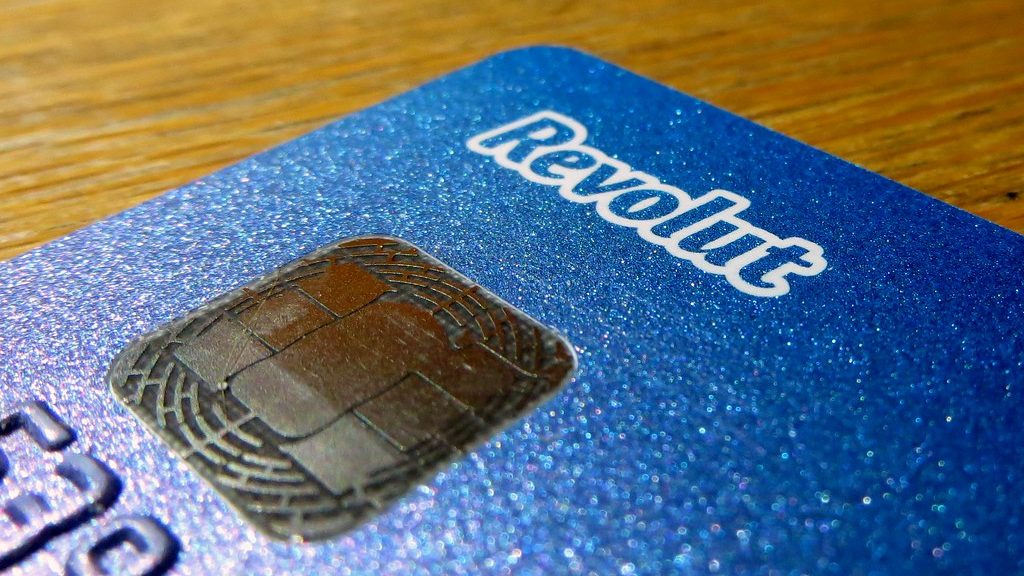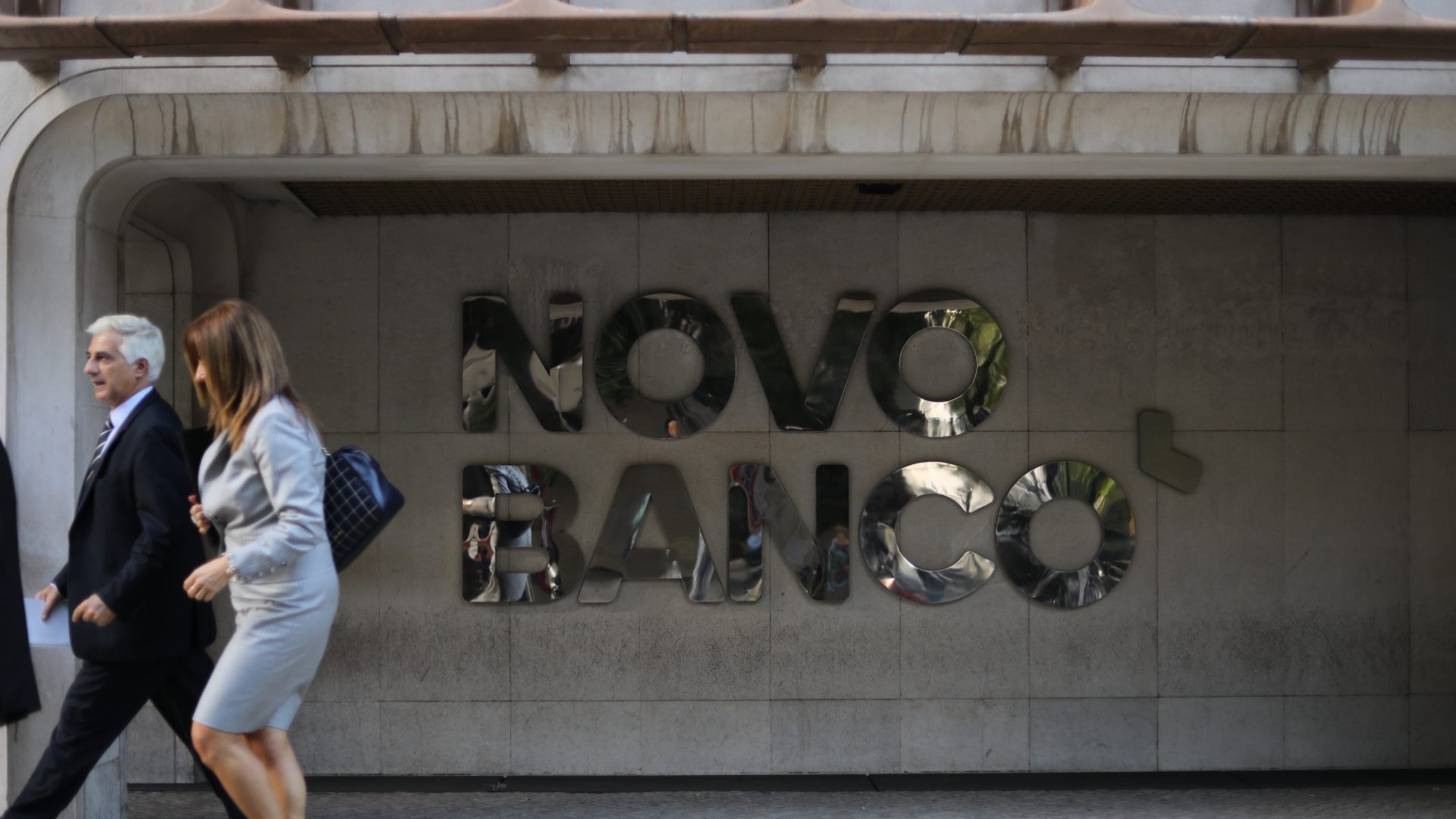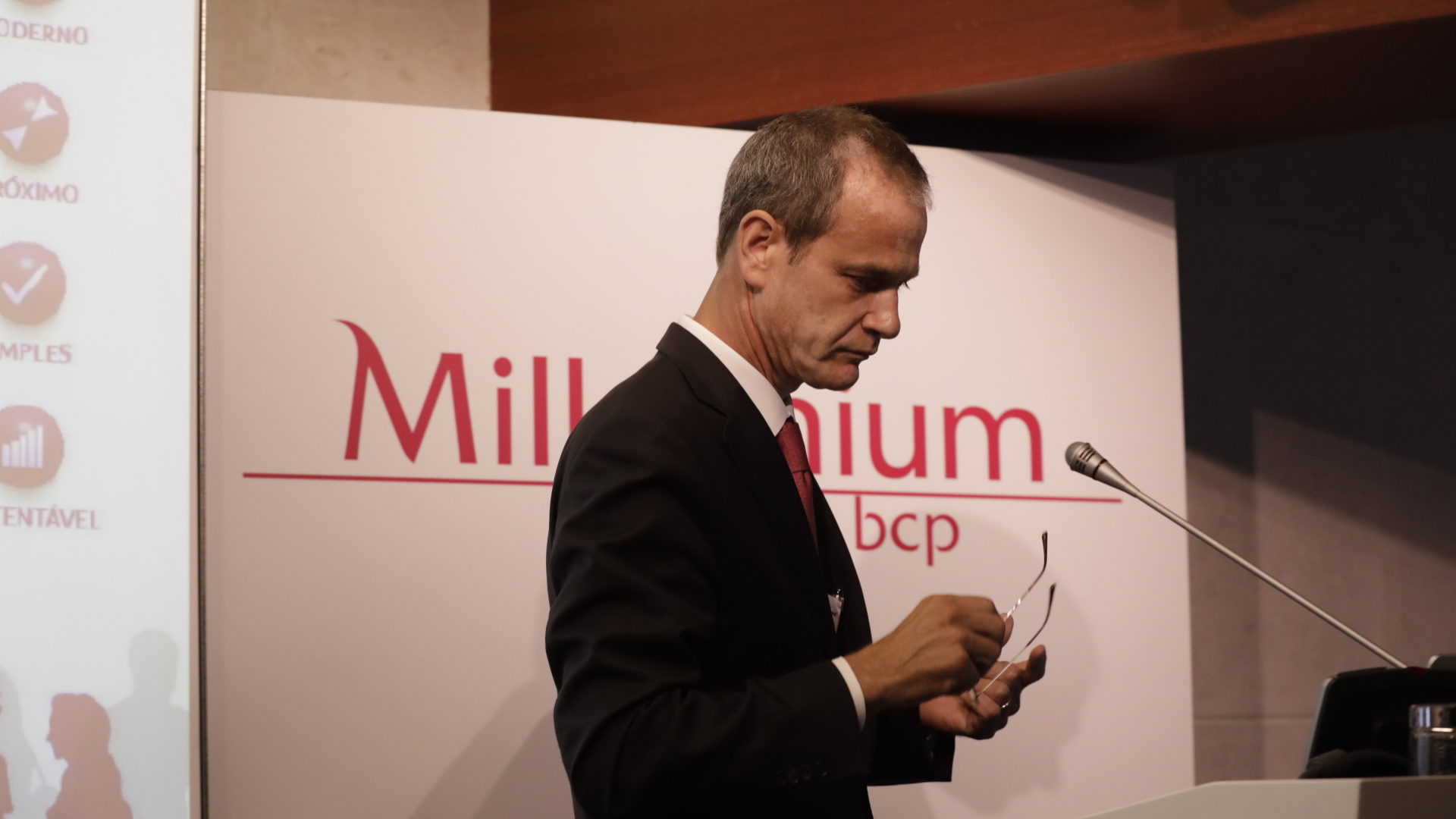No risk of confusion between BiG and EuroBic, says European court
The European Union court considers that there is no risk of confusion between the brands Eurobic and BiG. The case is years old and has already forced the Angolan capital bank to change its name.
The Court of Justice of the European Union (CJEU) considers that there is no risk of confusion for customers between the brands Banco BiG and EuroBic. The two banks have been involved in a dispute for years over possible similarities between the brands and which already forced the then Bic to have to change its name in 2017 to EuroBic. Is this the endpoint to this dispute?
The change made five years ago did not completely satisfy Banco BiG, which continued to argue that, despite introducing the prefix “Euro”, the two names retained similarities that could confuse customers. Because of this situation, in September of that year, it opposed the registration of EuroBic trademark for various financial products and services in the European Union.
Initially, the European Union Intellectual Property Office (EUIPO) partially agreed with BiG and refused to register the EuroBic trademarks for the use of credit and debit cards in banking transactions and for financial services in general, including banking services. EuroBic, which is Angolan-owned, had just changed its trade name in a rebranding process that represented €2.5 million, following a decision by the Lisbon Court of Appeal.
In March 2020, EuroBic challenged the decision at EUIPO, although it told ECO that the lead would have no practical effect, as it had already registered the brand in Portugal, the market where it operates. Still, it would succeed a few months after it filed an appeal, in November 2020, with the EUIPO overturning the earlier decision and allowing the trademark to be registered on the goods and services referred to (against Banco BiG’s opposition request). In its decision, that office that manages the rights conferred by trademarks and designs in the European Union considered that, although the products and services were identical or similar, the visual signs were different and there was no likelihood of confusion between them.
Dissatisfied, Banco BiG tried to reverse the EUIPO’s decision by appealing to the CJEU, but without success. In its ruling published a fortnight ago, the court dismissed the appeal, considering that the EUIPO had acted correctly in this case.
According to the court, the two brands have poor similarities visually, and have a lower than average degree of phonetic similarity and are also different at a conceptual level. To that extent, the EUIPO rightly concluded that there was no risk of confusion between the two brands, the CJEU concluded.


